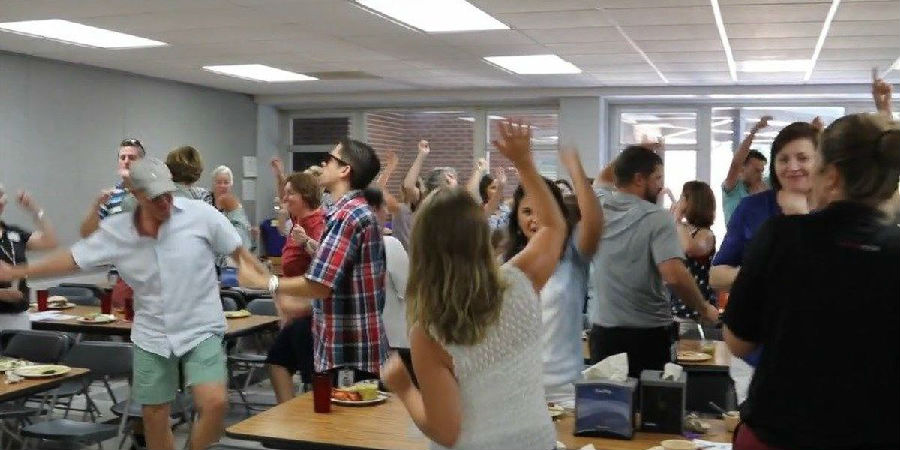Few US College Graduates Feel Their Schools Fully Investigate Discrimination
In the United States, only about one-fourth of college graduates strongly believe their former schools would investigate claims of discrimination as best they can.
That is a finding from an opinion study by Gallup, an American company known for its public opinion research. The study was published in May.
Gallup questioned more than 1,600 graduates of over 700 colleges and universities across the country. Each person completed a four-year study program between 2010 and 2019.
The graduates were asked to base their answer on a five-point rating system, with five meaning "strongly agree" and one being "strongly disagree."
The survey found that just 27 percent of those questioned "strongly agreed" that their school would fully investigate claims of discrimination.
John Clark is an education expert with Gallup. He says it is important to note which graduates were more likely to believe school officials would take necessary action against discrimination.
Nearly 30 percent of white graduates strongly agreed that their school would fully investigate claims of discrimination. Yet only 19 percent of Black graduates, 21 percent of Asians and 23 percent of Hispanic graduates gave the same answer.
Gallup did not say if its researchers questioned graduates belonging to other ethnic or racial groups.
Clark suggests the differences are likely linked to the small numbers of Blacks, Asians and Hispanics in college faculty and administration positions. He noted that over the past 30 years, the U.S. college student population has grown more and more diverse. But many professors and school administrators are white, and largely male.
If students do not see people who share their life experiences in such positions, they are less likely to believe their school will take their issues seriously, Clark said.
Raechele Pope says she is not at all surprised by the study's findings. Pope is a professor of higher education studies at the University of Buffalo in New York. She is also the university's chief diversity officer.
She notes that as far back as the 1970s, when she went to college, students were calling for more diverse faculty positions. But little has changed, even as colleges and universities have increased efforts to diversify the student body.

One study published in January found that the number of full-time black faculty at Pennsylvania State University actually fell by about two percent over a 15-year period.
Pope argues the root of the problem is that many Americans do not believe discrimination is a real problem. Yet a growing body of research provides evidence of racial inequality in many areas of American society, including policing, education and finance.
"Colleges and universities are microcosms of the United States," Pope said. "It's a microcosm of the big problems that we face. And so, if you don't deal with racism, with anti-black … structures in your system … in the United States, then you're not dealing with them in the campuses any differently."
Pope said another issue is that higher education, in general, is slow to change, no matter what issue it is facing.
Michigan State University and Ohio State University, for example, have only recently had to answer for years-old claims of sexual wrongdoing on their campuses.
Shane Windemeyer is executive director of Campus Pride, a group that works in support of LGBTQ students. LGBTQ is short for lesbian, gay, bisexual, transgender and queer or questioning.
Windemeyer agrees that the speed at which colleges and universities deal with these issues is a problem. He told VOA "Often times, colleges … play the waiting game with students, where they know that they'll be gone in four years or five years. And so it's like …. 'Oh, well we lost that student, so what are we supposed to do?' And colleges need to be held responsible on their own to …create a safer, more inclusive campus community," he said.
Windemeyer added that the issue is not limited to just racial discrimination. After all, only 24 percent of LGBTQ students strongly agreed their schools would fully investigate discrimination claims. That compares to 28 percent of non-LGBTQ students.
Windemeyer noted a rising number of cases of students and faculty members claiming academic freedom and freedom of speech in defense of what he calls hateful statements. But he argues this not about a difference in opinions or beliefs. It is about making all students feel welcome on campus.
Windemeyer, Pope and Clark agree U.S. colleges and universities must do more to gain the trust of their students.
They say this starts with re-examining and strengthening discrimination policies, especially those related to employment and the admissions process. And it may lead to more schools making classes on discrimination and diversity a requirement for students, as the California State University system decided to do in July.
I'm Pete Musto.












